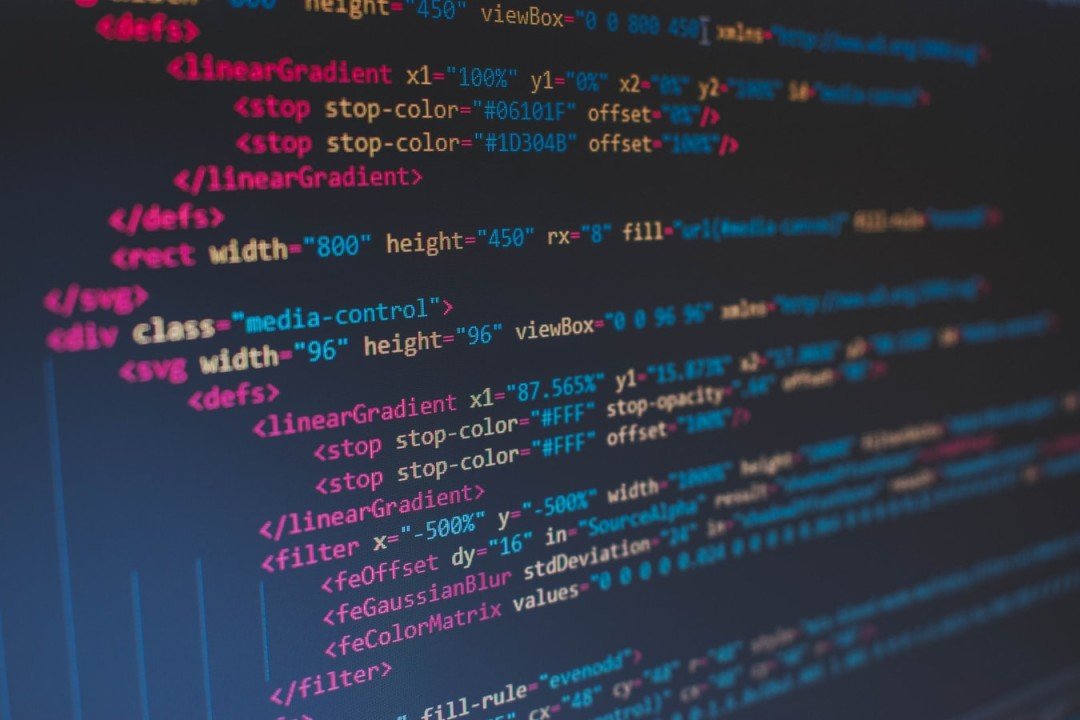Coding is no longer a skill reserved for tech professionals; it has become a valuable asset in almost every industry. Whether you’re a complete beginner or someone looking to expand your skillset, learning to code in just 30 days is achievable with the right strategy and resources. This guide outlines a step-by-step approach to mastering coding fundamentals within a month.
Why Learn Coding?
The demand for coding skills continues to grow across sectors, offering numerous benefits:
- Career Opportunities: Coders are in high demand, with lucrative job prospects in fields like web development, software engineering, and data science.
- Problem-Solving Skills: Coding sharpens analytical thinking and creativity.
- Freelancing Potential: Freelance developers enjoy flexible work options and high earning potential.
- Empowerment: Understanding coding enables you to create your own projects, apps, or websites.
The 30-Day Coding Plan
Week 1: Understanding the Basics
The first week lays the foundation for your coding journey. Focus on understanding what coding is and how it works.
Key Steps:
- Choose a Programming Language: Start with beginner-friendly languages like Python, JavaScript, or HTML/CSS.
- Learn the Fundamentals:
- Variables and data types.
- Loops, conditions, and functions.
- Basic syntax of your chosen language.
- Use Online Platforms: Platforms like Codecademy, freeCodeCamp, and W3Schools are excellent for beginners.
Daily Commitment: Spend 1-2 hours each day learning and practicing basic concepts.
Week 2: Start Building Small Projects
Now that you have the basics, it’s time to apply them by building simple projects.
Key Steps:
- Choose a Simple Project: Examples include a calculator, a to-do list app, or a basic webpage.
- Break Down the Project:
- Define the features you want.
- Write pseudocode to outline the logic.
- Debug and Test: Learn how to troubleshoot errors, an essential skill for coders.
Recommended Tools:
- Code Editors: Use Visual Studio Code or Sublime Text.
- GitHub: Start using Git for version control and sharing your work.
Week 3: Intermediate Concepts and Frameworks
With your foundational skills solidified, focus on intermediate coding concepts and frameworks.
Key Steps:
- Understand Data Structures:
- Arrays, lists, and dictionaries.
- Basic algorithms like sorting and searching.
- Learn a Framework or Library:
- For Python: Flask or Django.
- For JavaScript: React.js or Node.js.
- Work on a Guided Project: Follow a tutorial for a project like a blog site or a weather app.
Practice:
- Regularly solve coding challenges on platforms like HackerRank or LeetCode.
Week 4: Build a Capstone Project
In the final week, consolidate your knowledge by creating a more complex project.
Key Steps:
- Plan Your Project:
- Decide on a real-world problem you want to solve.
- Draft a plan with clear milestones.
- Implement Your Skills:
- Use all the tools and techniques you’ve learned.
- Incorporate user input, data storage, and responsive design.
- Test and Deploy: Debug thoroughly and deploy your project online using platforms like Heroku or Netlify.
Capstone Project Ideas:
- A personal portfolio website.
- A task management app.
- A weather dashboard using APIs.
Tips for Success
- Consistency is Key: Dedicate a specific time daily for coding practice.
- Join a Community: Engage with coding forums and groups like Reddit, Stack Overflow, or Discord servers.
- Learn by Doing: Hands-on practice is the fastest way to retain knowledge.
- Seek Feedback: Share your code with peers or mentors to get constructive criticism.
Resources for Learning Coding
Here are some of the best resources to help you on your journey:
- Books: Eloquent JavaScript, Automate the Boring Stuff with Python.
- Courses: Udemy, Coursera, and edX offer structured courses.
- Free Platforms: freeCodeCamp, Khan Academy, and The Odin Project.
- YouTube Channels: CS Dojo, Programming with Mosh, and The Net Ninja.
The Benefits of Your 30-Day Coding Journey
By the end of 30 days, you will have:
- Acquired a solid understanding of coding basics.
- Built functional projects to showcase your skills.
- Gained confidence to tackle more complex programming challenges.
Coding is a skill that rewards persistence and creativity. Your journey doesn’t stop after 30 days—it’s the foundation for continuous learning and innovation.
